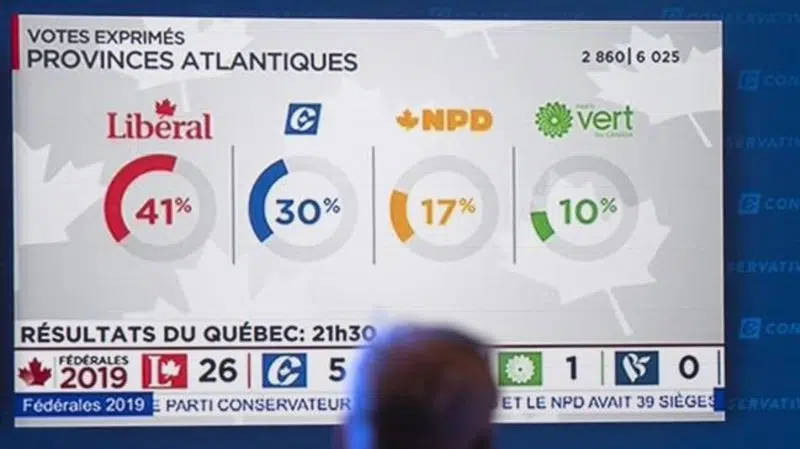
Federal parties left dozens of potential election promises on cutting-room floor
OTTAWA — Federal political parties left dozens of potential platform proposals on the cutting-room floor during the last election campaign, a new report from the parliamentary budget officer suggests.
The report published Wednesday reviews the spending watchdog’s first-ever experience costing platform commitments during the fall campaign.
The Liberal government gave it that power in 2017 as a way for voters to have more insight into the credibility of the numerous campaign promises that federal parties make.
The budget officer was asked to estimate the costs of 216 proposals between June and October, which was more than twice the number the watchdog had expected.
